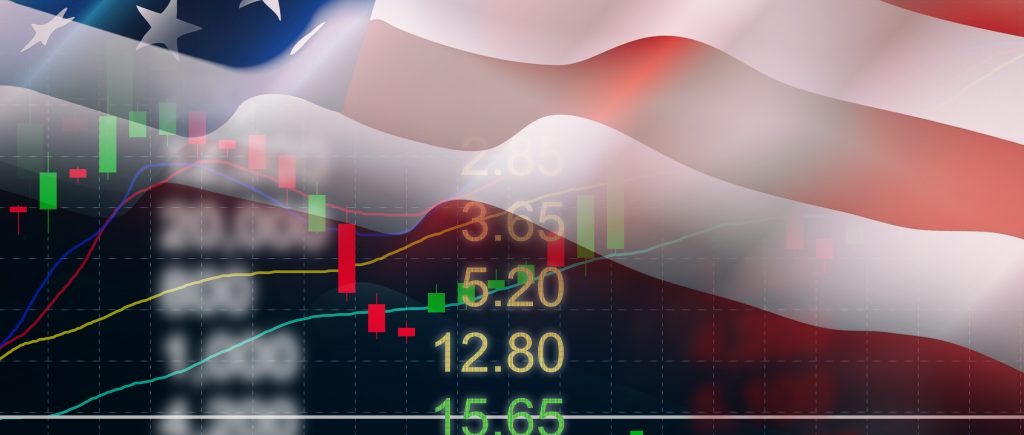US stocks fell on Wall Street on Friday after the Fed raised its forecast for how high it will ultimately push interest rates and attempted to assist investors’ hopes that rate cuts may happen next year.
Stocks fell on Wall Street on Friday as worries grew that the Federal Reserve and other central banks are willing to bring on a recession if that is the cost of getting inflation under control. The Standard & Poor’s 500 retreated 1.4% and was headed for its second straight weekly loss. The Dow Jones industrial average fell 407 points, or 1.2%, to 32,796 and the Nasdaq composite fell 1%.
The losses were broad. More than 90% of companies in the benchmark S&P 500 fell. Technology stocks had some of the biggest losses. Microsoft fell 1.3%.
The Fed this week raised its forecast for how high it will ultimately push interest rates and tried to dash some investors’ hopes that rate cuts may happen next year. In Europe, the central bank came off as even more aggressive in many investors’ eyes.
Inflation has been easing from its highest levels in decades, but remains painfully high. That has prompted the Fed to maintain its aggressive attack on prices by raising interest rates to slow economic growth. Slamming on the brakes too hard, however, risks sending an already slowing economy into a recession.
A mixed report from S&P Global on Friday highlighted that risk. It showed that business activity slowed more than expected this month as inflation squeezes companies. It also noted that it was the sharpest drop since May of 2020, but that inflation pressures have also been easing.
In short, the survey data suggest that Fed rate hikes are having the desired effect on inflation, but that the economic cost is building and recession risks are consequently mounting. Markets in Europe fell and markets in Asia were mostly lower.
Bond yields gained ground. The yield on the 10-year Treasury, which influences mortgage rates, rose to 3.52% from 3.45% late Thursday. The yield on the two-year Treasury, which closely tracks expectations for Fed moves, rose to 4.26% from 4.24% late Thursday.
The Fed on Wednesday ended its final meeting of the year by raising its short-term interest rate by half a percentage point, its seventh straight increase this year. Wall Street had been hoping that the central bank would signal an easing of rate increases heading into 2023, but the Fed instead indicated the opposite.

 Noor Trends News, Technical Analysis, Educational Tools and Recommendations
Noor Trends News, Technical Analysis, Educational Tools and Recommendations




